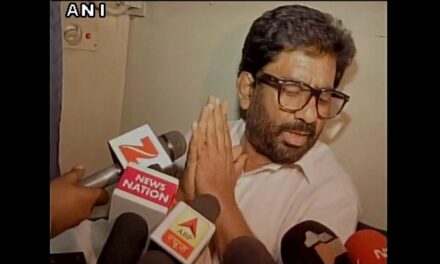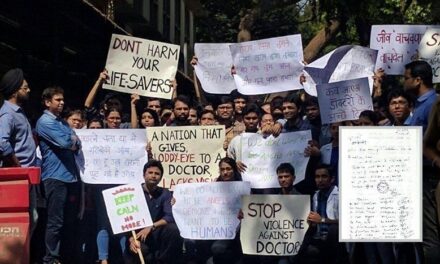New draft proposal for NSG membership paves way for India, leaves out Pakistan


Representational Image
A draft proposal for accepting new members into the Nuclear Suppliers Group (NSG) can pave way for India’s entry while leaving out military rival Pakistan, a US-based arms control organisation has said.
Last week, the US media reported that former NSG chairman Rafael Mariano Grossi had prepared a two-page document, explaining how a non-NPT state, like India and Pakistan, could join the group.
According to Arms Control Association (ACA), a Washington-based think-tank, the two-page draft proposes “nine general commitments” that non-NPT countries like India and Pakistan would need to make to receive the fullest atomic trading privileges.
Daryl G Kimball of ACA, which has been a fierce opponent of the India-US civil nuclear deal and India’s membership to NSG, has slammed the proposal for “lowering the bar” and observed that it could pave the way for India becoming an NSG member as it already fulfills all these nine criteria outlined in the draft proposal.
The proposal was informally discussed by NSG members in Vienna this month, and already enjoys a semi-official status according to leading Pakistan daily Dawn.
Grossi prepared the document on behalf of the current NSG chairman Song Young-wan of South Korea. His proposal also notes that “one non-NPT member state should reach an understanding not to block consensus on membership for another non-NPT member state”.
Kimball said Pakistan still has grounds to object to the formula outlined by Grossi, explaining that the document will require Pakistan to meet the same criteria for membership as India, adding Islamabad will have to win a separate NSG exemption from the full-scope safeguards requirement to engage in civil nuclear trade with the NSG states.
Present NSG membership rules require a state to sign the nuclear Non-proliferation Treaty (NPT) before joining the exclusive club.
India is one of only three countries, with Israel and Pakistan, to have never signed the NPT.
Earlier this year, India formally applied for membership and was followed by Pakistan. The United States and a host of other western nations back India’s application, but China and a few others were successful in blocking New Delhi’s membership, which requires a consensus of all members.
The proposal requires a non-NPT state to declare that it has brought into force a clear and strict separation of current and future civilian nuclear facilities from non-civilian nuclear facilities and is willing to apply this principle to future facilities as well.
The new member also needs to assure NSG that it has provided and maintains a declaration to the International Atomic Energy Agency (IAEA) that identifies all current and future civilian nuclear facilities.
With ANI inputs













